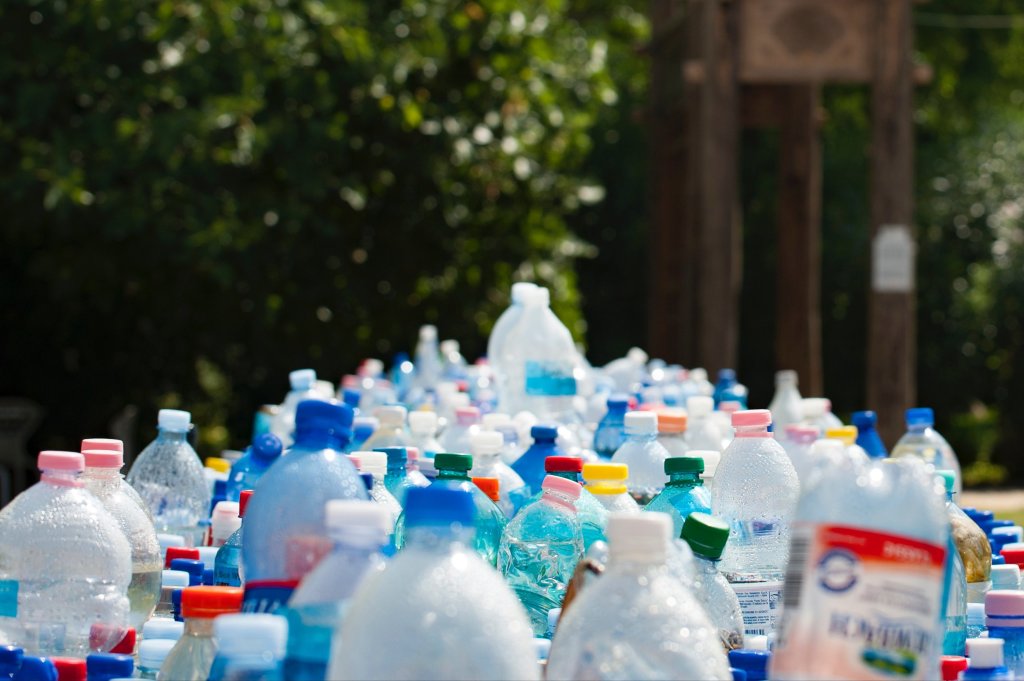He tossed his half-full sack over his shoulder.
It was dirty.
He had torn shoes but did his best to trudge on.
He had spent over half the day in search for the elusive plastic bottles.
They were the ultimate price that would promise him some little money at the end of the day.
He was a waste picker…
Reviled, despised and even hated by some.
Waste pickers are not your ordinary workers.
They are the ones who have crossed impossible bridges…
They’ve been thrown under the bus on more than one occasion…
They probably have had no childhood due to responsibilities they had to bear from a young age…
They’ve played parents to their younger siblings…
They might have dropped out of school due to lack of fees…
They have endured the unthinkable and run out of options of making a living.
So they’ve resorted to work most of us frown upon.
They walk disheveled from estate to estate…
Village to village…
In search of elusive waste.
Plastic waste are among their priced commodities.
They collect them and deliver them to manufacturing plants and godowns where they fetch a some amount.
Waste pickers are in many ways among the forgotten lot.
But there are some start ups that are banking on their effort and in return seek to reward them.
Mr Green is an eco-based startup focusing on collecting and recycling plastic wastes.
So you will find their bins in some petrol stations and selected areas where we can dispose off our plastic waste.
But the startup company also has another strategy up its sleeve.
They’re not just about making money…
They’re also about empowering communities and in this regard, they target the neglected waste pickers.
The startup creates opportunities for waste pickers to sell the waste they have picked to them.
But they don’t stop at that.
They run economic and social empowerment programs to support these bottom of the pyramid champions.
You can contribute some amount to the kitty to empower them to live a decent life.
Mr. Green just doesn’t collect waste plastics.
They create value from the plastics by converting them to a form useful in industry.
The collected plastics are cleaned and graded.
POST CONSUMER RECYCLATES (PCR)
They are then cut up into small uniform-sized pieces which are sold to manufacturers as post consumer recyclates (PCR).
Since the fabrication of plastic uses a number of chemicals (some of which are risky), Mr Green enables industries to have a constant supply of recyclable raw materials necessary for production.
That way, they create a circular economy around plastics.
Doing this isn’t just good for the environment.
It also generates income from a very unlikely source…waste.
But solid waste consists of more than plastics.
ORGANIC WASTE
Where do you take the rotting stuff you generate from your kitchen?
Many middle class urban households subscribe to garbage collection services to get rid of this menace.
Infact, the Kes 500 we pay seems to give us more relief than we can bargain for.
But come to think of it…
A garbage collection start up seems to be raking profits on two fronts through this system.
The concept is simply about getting paid for garbage collection and then deriving value from the collected waste before selling it.
How?
We’ve already highlighted the value plastic can bring to the table.
But organic waste could be composted and sold to farmers who can use it as a soil amendment.
This is what Takataka solutions seems to have found a niche in.
After separation of the waste, they spread the organic (or rotting) matter in heaps ready to undergo hot composting.
Hot composting is the process of allowing rotting matter to convert into compost through the action of water, air, heat and microorganisms.
After 6 months or more, this once stinky stuff is converted to fluffy earth-like material rich in agricultural nutrients called compost.
This compost is packaged and sold to farmers raking an income from another front.
IN CONCLUSION
For a solid waste management venture to become profitable, we must not only think of getting paid to collect it…
But also adding value to it to generate more.
That’s what Mr Green and Takataka Solutions seem to have got it right.
